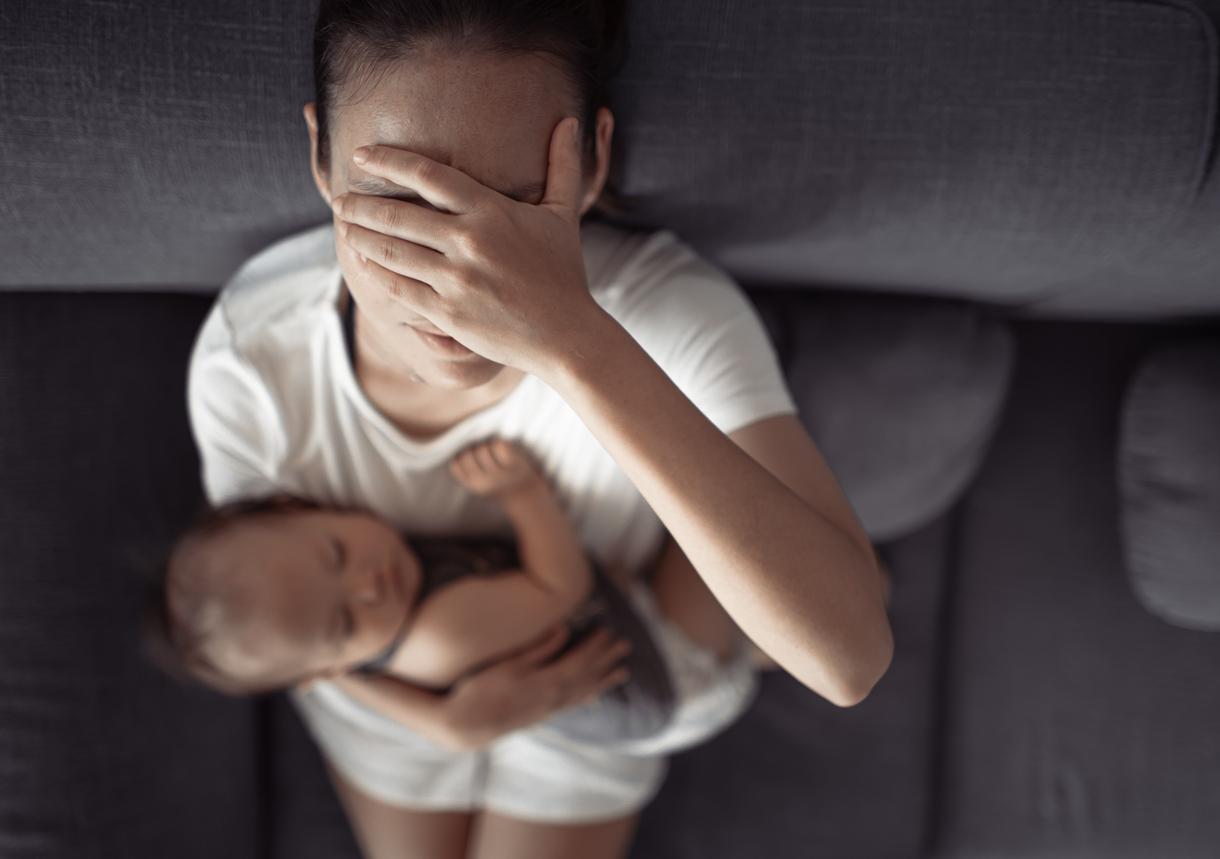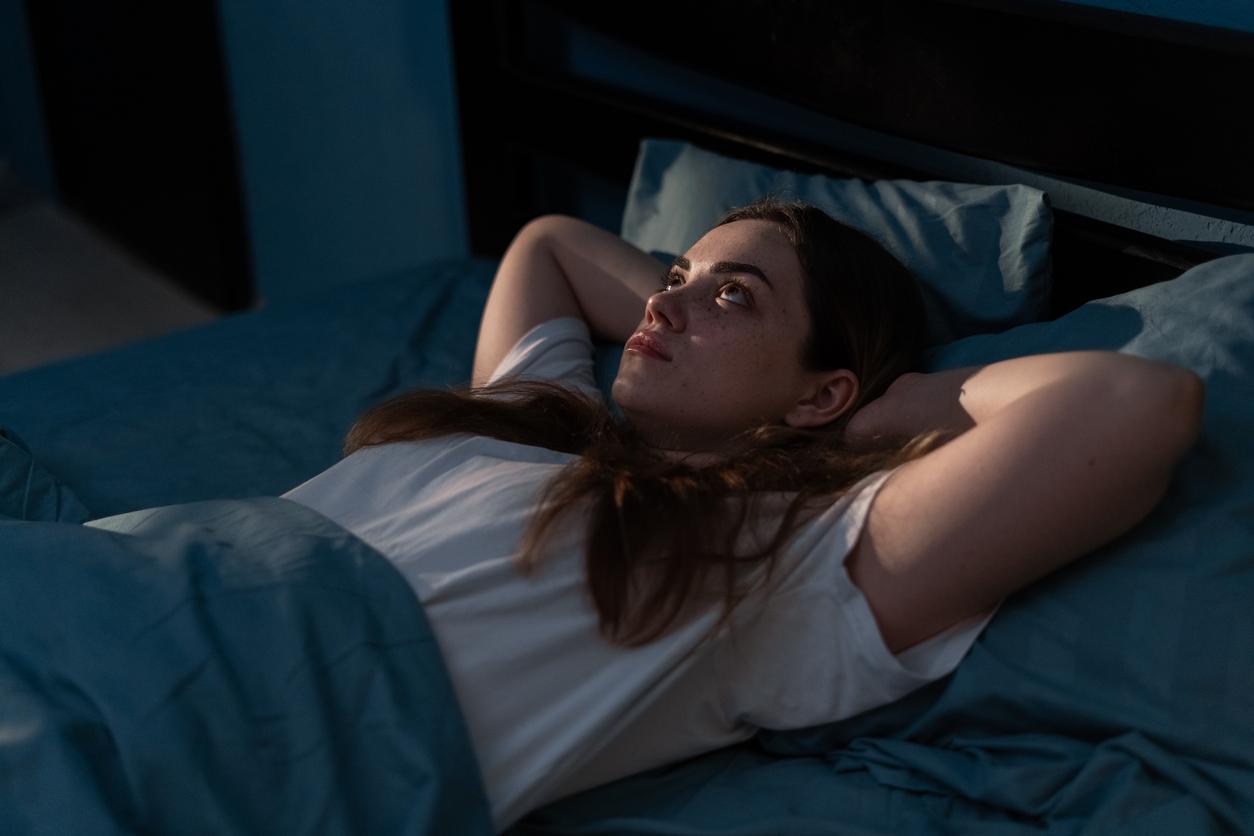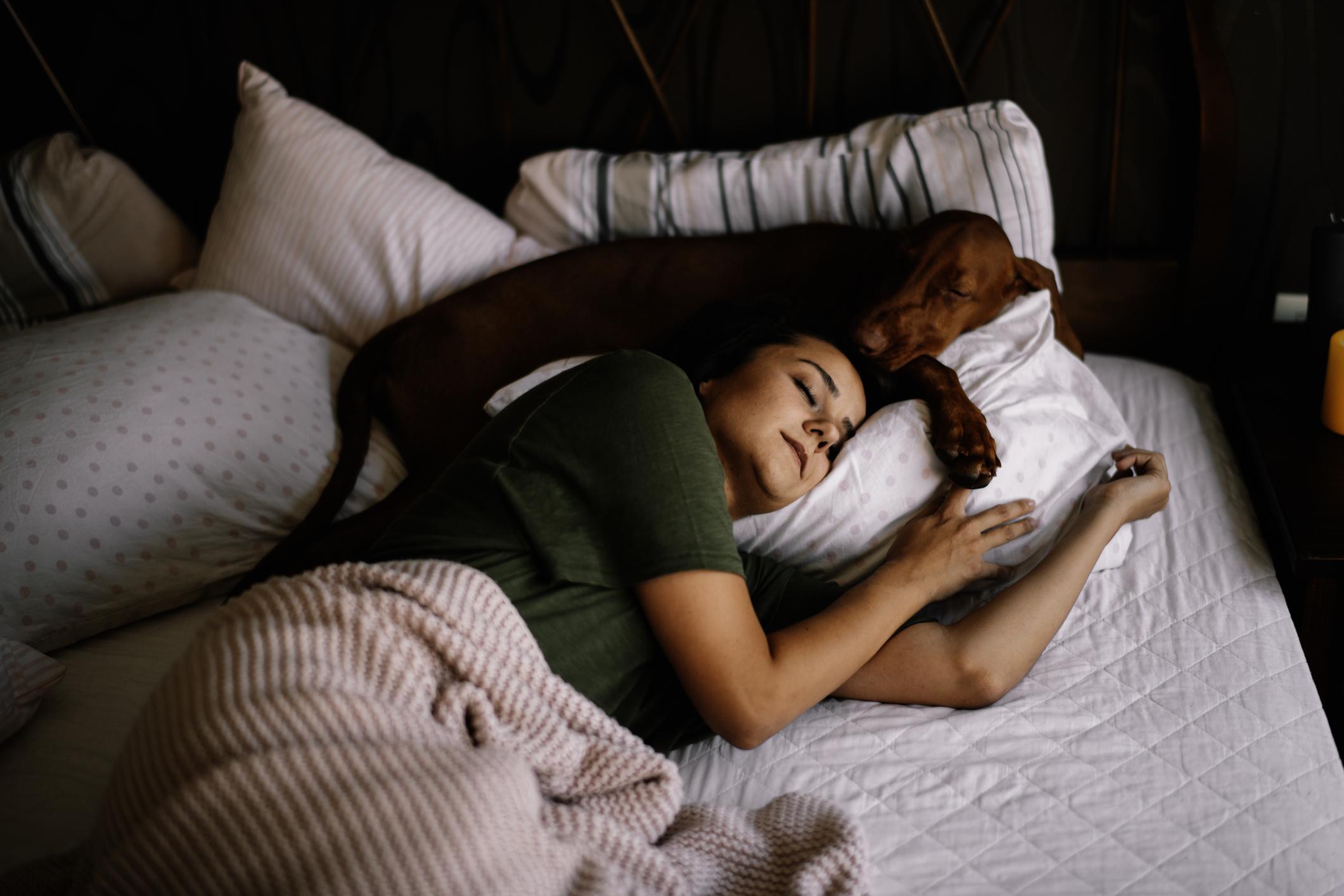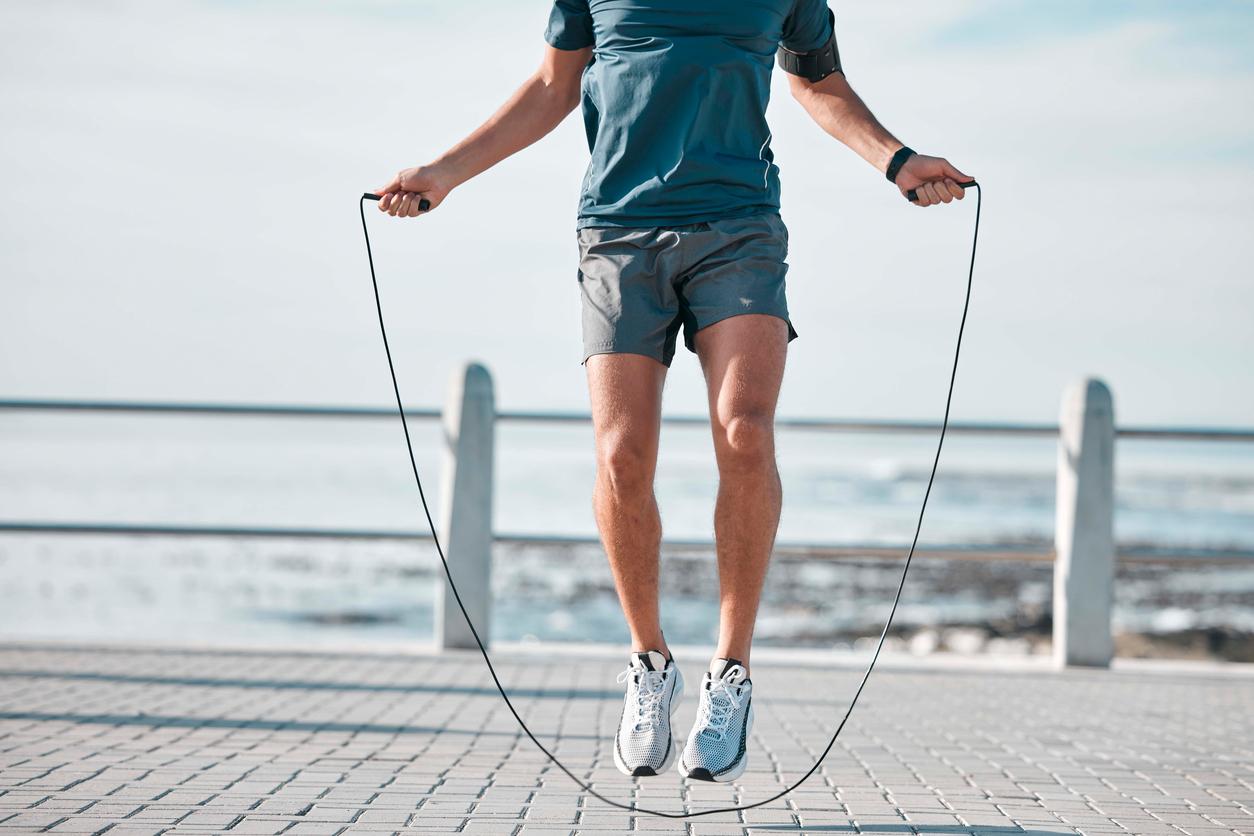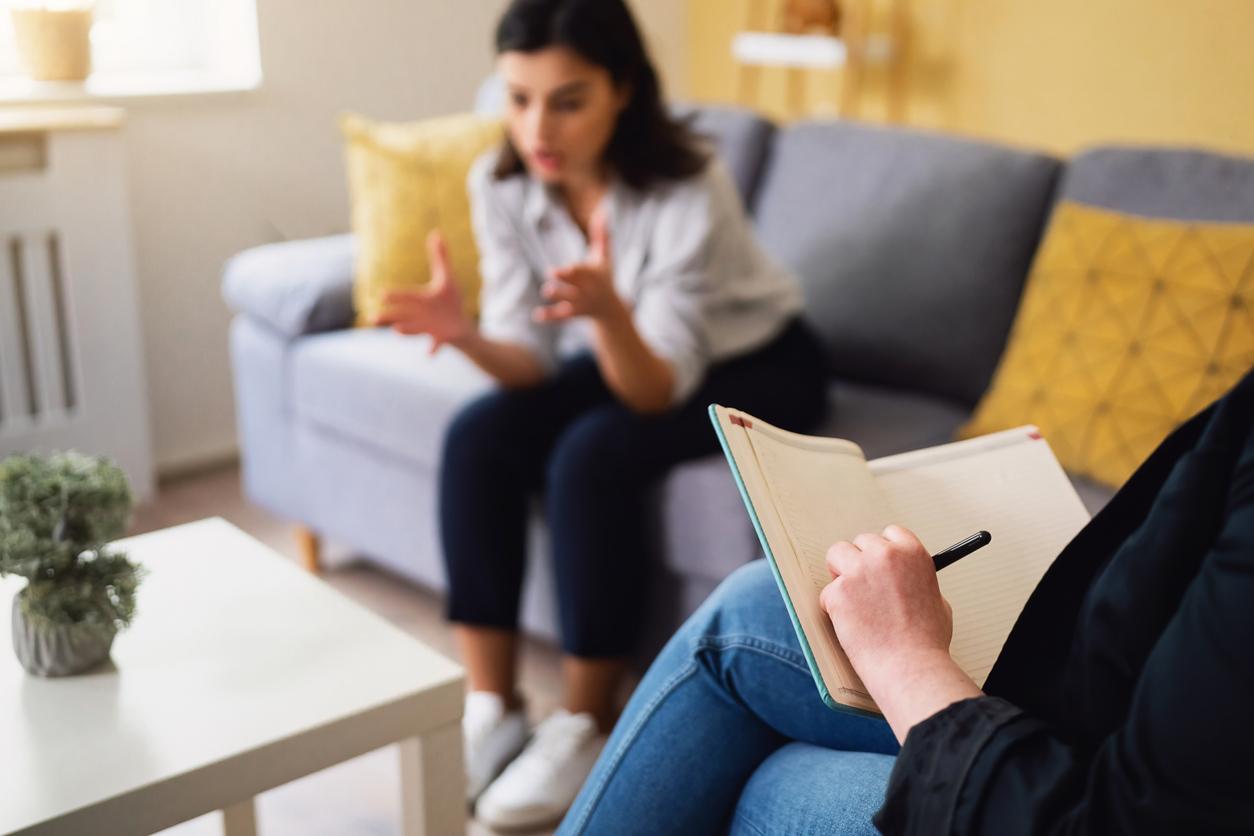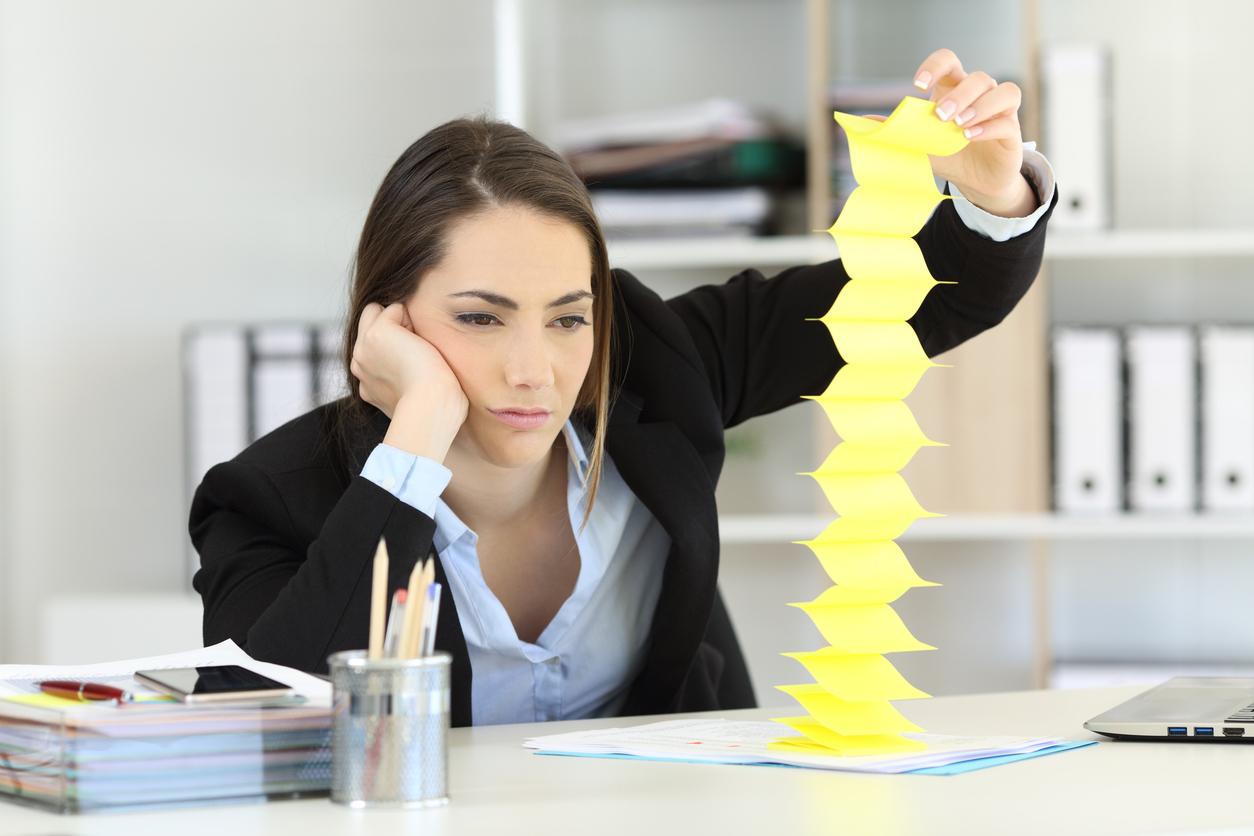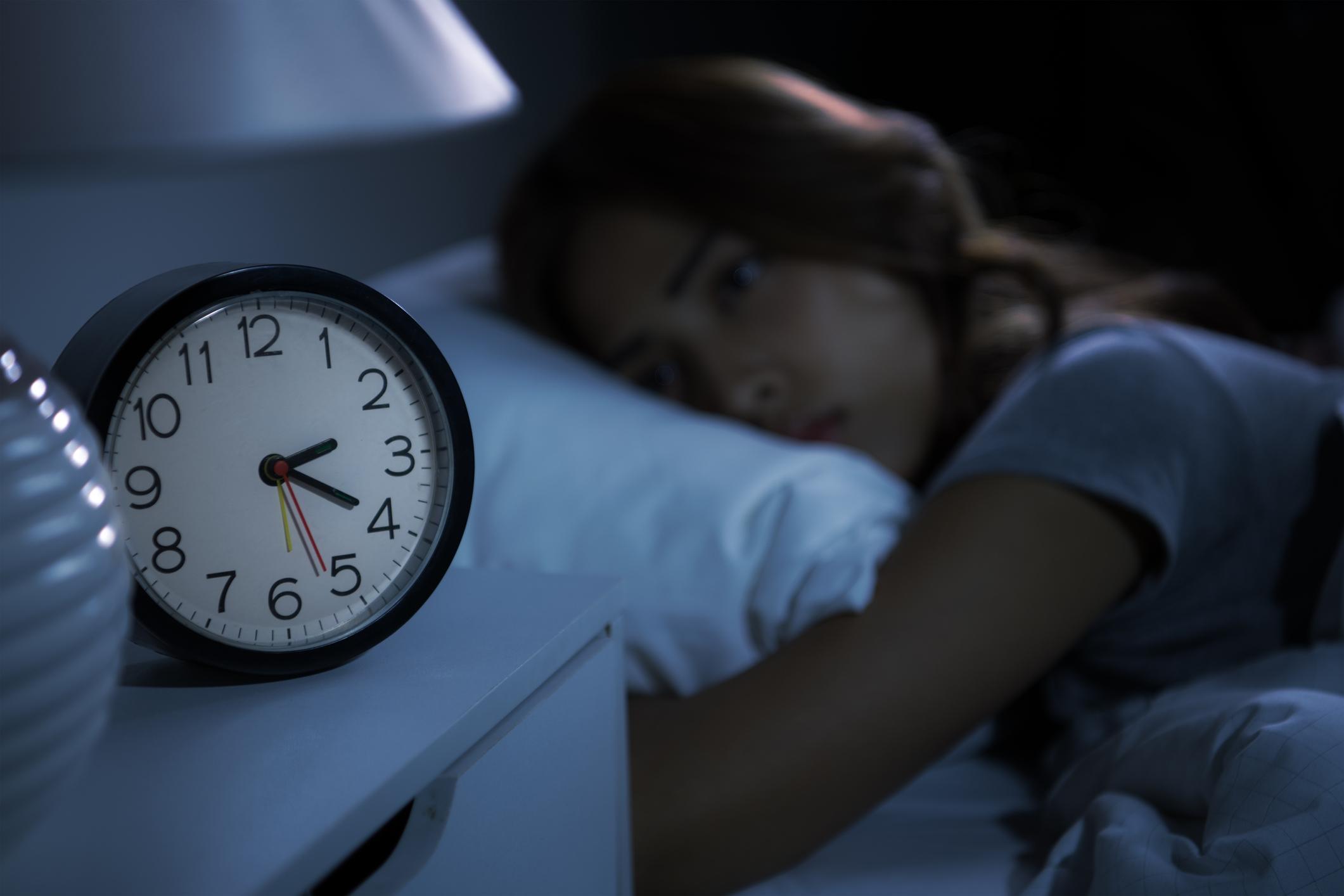For some, procrastinating could lead to trouble sleeping, including insomnia.

- Insomnia is the feeling of having slept badly because of difficulty falling asleep, several nocturnal awakenings and/or waking up too early in the morning.
- In 2017, 13.9% of adults aged 18 to 75 were affected by chronic insomnia.
According health insurance, many factors can promote insomnia in adults. Among them, we find stress, anxiety, depression, consumption of stimulants, eating too large a meal in the evening, practicing a sport at a late hour, an irregular rhythm of life, consumption of tobacco or excessive alcohol, or certain diseases such as nocturnal asthma, rheumatism, restless leg syndrome, etc.
Procrastination can keep you from falling asleep
Researchers have just discovered another cause of insomnia to add to this already long list: procrastination, that is to say the tendency to put off until tomorrow what one must do. Indeed, according to this study published in the journal Journal of Clinical Psychologythis bad habit could delay falling asleep and, in the long term, promote insomnia.
Scientists believe that having an unfinished to-do list keeps the brain awake and therefore prevents it from getting ready to sleep. This is also the observation made by another study published in October 2016 in the journal Personality and Individual Differences. Here, the scientists explained that people who procrastinate had higher levels of worry and rumination, which could delay falling asleep and, ultimately, shift the biological clock.
Screens at night, another cause of insomnia
Among the origins of insomnia that are avoidable, there is also the use of screens before going to bed. The concept of “Revenge bedtime procrastination” is interesting to explain sleep disorders. It’s about the frenetic consumption of digital content in the evening.
After dark, people surfing the Internet feel like they are taking time for themselves. But the reality is quite different:People who don’t have much control over their daytime life, refuse to sleep early, in order to regain a sense of freedom late at night”, explains the journalist Daphné K Lee, in an article of the BBC. The ideal is therefore to take a book before sleeping… A valid advice for adults and for the youngest.
Screens: ban them at least one hour before bedtime for young people
Indeed, in children and adolescents also – and especially – the use of screens in the evening can reduce the quality of their sleep and delay their falling asleep. All media combined – television and game consoles included – a 15-year-old would spend more than eight hours a day in front of the screens, according to the Young people and addictions report produced by the French Observatory for Drugs and Drug Addiction and published in December 2016. Knowing that a large part of the day is occupied by school, this means that consumption mainly takes place in the evening.
However, the use of screens before sleeping is accused of reducing the quality and hourly volume of sleep in adolescents, but also, in the event of overexposure, of promoting the development of aggressive behavior and difficulty concentrating. Thus, it is recommended to limit the use of screens as much as possible in the youngest and to prohibit them completely at least one hour before bedtime.










